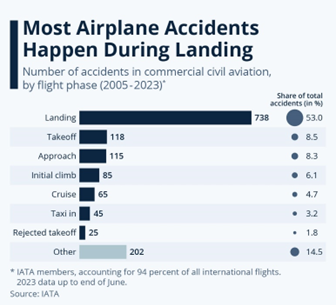TAG: GS 3: INTERNAL SECURITY
THE CONTEXT: The decision by the Indian government to abolish the Free Movement Regime (FMR) along the India-Myanmar border signifies a shift in border policies, impacting cross-border movements and relationships between the two nations.
EXPLANATION:
Background of Free Movement Regime (FMR):
- Initiated in the 1970s and last revised in 2016, the FMR allowed citizens residing within 16 km on either side of the India-Myanmar border to cross with a border pass, fostering familial and ethnic ties between communities in border regions.
Reasons for Scrapping FMR:
- Border Security Measures:
- The government aims to enhance border security by implementing fencing along approximately 300 km of the unfenced border, intending to curb illegal crossings and strengthen surveillance.
- Addressing Concerns:
- Despite anticipated opposition from states like Nagaland and Mizoram, the central government emphasizes border security as its jurisdiction and intends to engage with Myanmar while considering regional concerns.
Impact on Border Communities:
- Visa Requirement:
- Once the FMR is abolished, individuals residing in border areas will need visas to cross over, which might disrupt the ease of movement previously enjoyed by border communities.
- Ethnic and Familial Ties:
- The decision may impact familial and ethnic relationships, as many people have historical connections on both sides of the border, leading to potential disruptions in social and economic interactions.
COVID-19 and Suspension of FMR:
- The Manipur government suspended the FMR in 2020 due to the COVID-19 pandemic.
- Chief Minister advocated for its cancellation, attributing ethnic violence in the state to unrestricted movement across the border.
Impact of Myanmar’s Political Situation:
- Following the military coup in Myanmar in February 2021, an influx of undocumented migrants occurred, with thousands seeking refuge in Indian states like Mizoram and Manipur, particularly those belonging to the Kuki-Chin-Zo ethnic group.
Geopolitical and Border Statistics:
- India shares a 1,643 km-long border with Myanmar, traversing through Arunachal Pradesh, Nagaland, Manipur, and Mizoram, playing a crucial role in regional dynamics and cross-border relationships.
Conclusion:
- The decision to end the Free Movement Regime at the India-Myanmar border reflects the government’s emphasis on border security.
- While intending to curb illegal crossings and enhance surveillance, this decision may also impact the socio-economic fabric of border communities, affecting familial ties and cultural exchanges that have thrived for decades.
- Balancing security concerns with historical relationships will be crucial in navigating the implications of this policy change.


